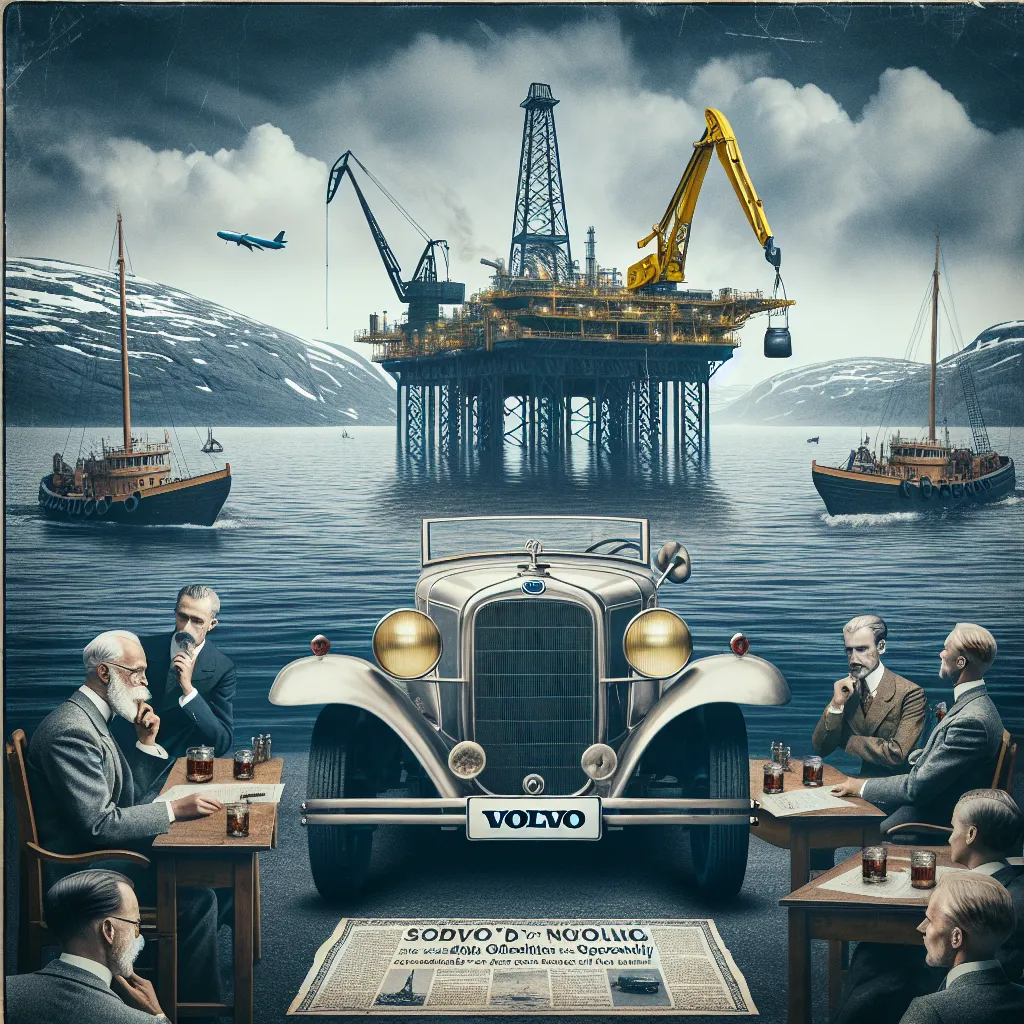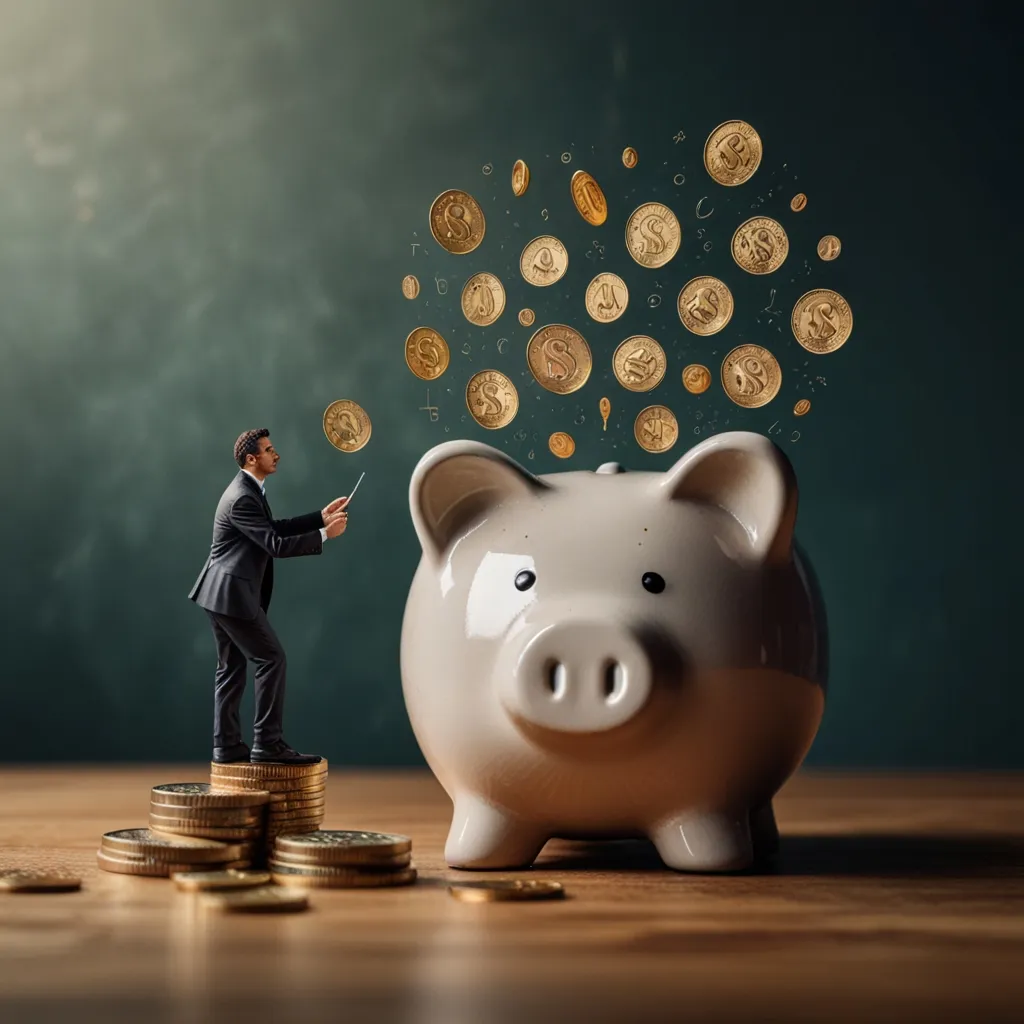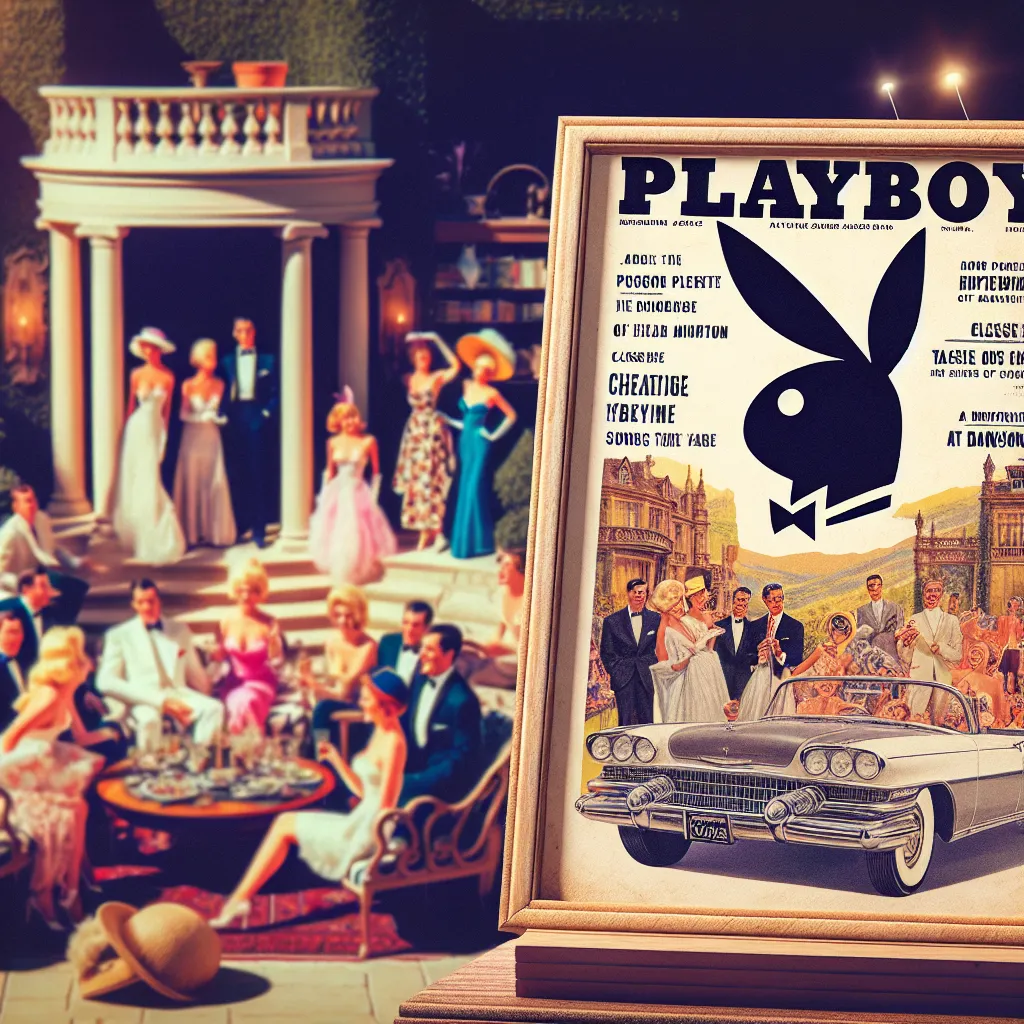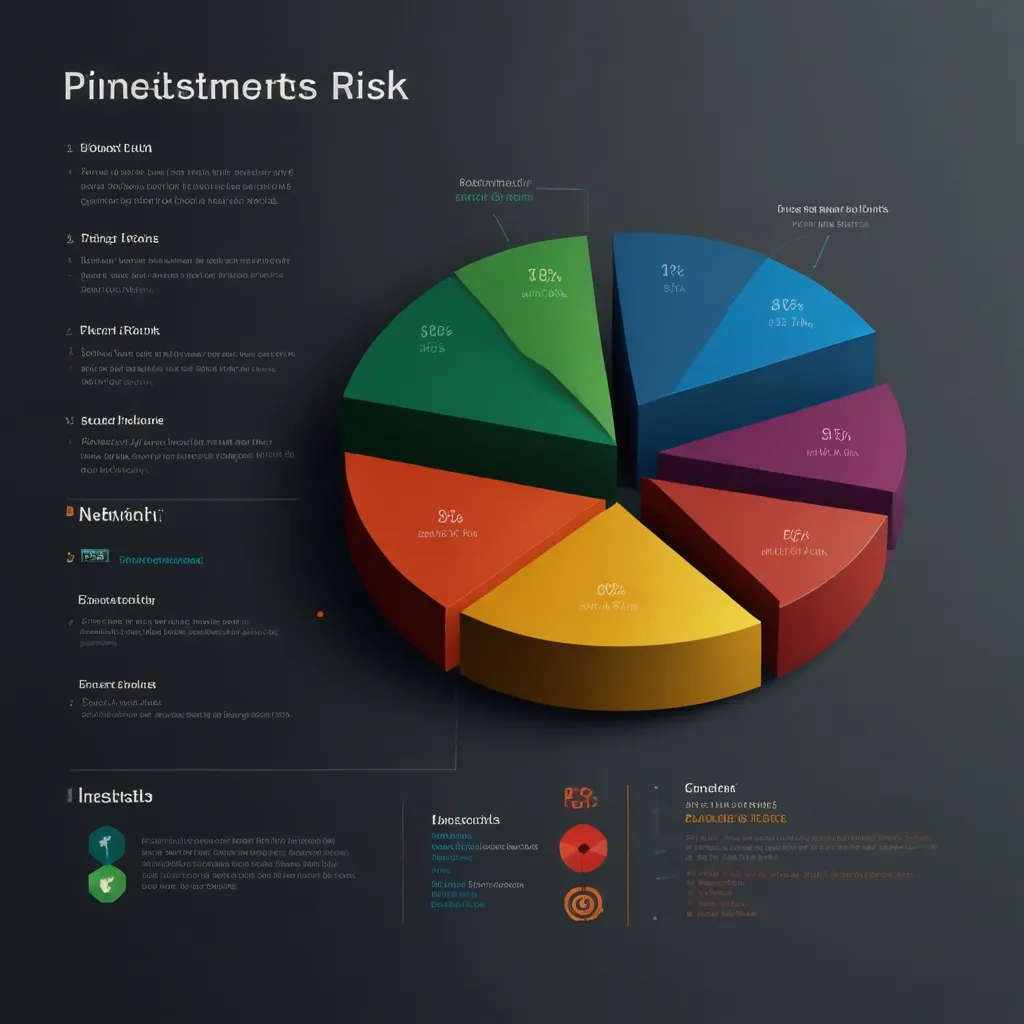Volvo, once a powerhouse of the Swedish auto industry, has an intriguing story that remains largely unknown. Imagine if in a twist of fate, they nearly owned most of Norway’s oil. This tale is about how Volvo’s pride cost them billions and the wealth that an entire nation could have been tied to the Swedish automaker.
Back in the 1920s, Sweden was on the rise. Remaining neutral during WWI, they sold tons of iron to both sides, which boosted their economy significantly. Among those thriving companies was SKF, known for making ball bearings. They had so much money from iron sales that they ventured into building a car factory – birthing Volvo, which means “I Roll” in Latin. By 1927, Volvo’s first car, the ÖV 4, hit the streets. Although not an immediate hit, Volvo’s early start helped it grow, especially in the truck sector.
During WWII, Sweden played a similar game, selling iron to both the Allies and the Axis. This benefited Volvo greatly. They produced trucks for the Swedish army and faced no bombings, positioning them nicely post-war to supply globally. By the 1950s, Volvo was a known name, expanding vigorously, especially in America.
However, Volvo’s CEO needed more to compete with giants like Ford and GM. He saw merging with smaller manufacturers as a strategy, but most deals fell through. Even potential mergers with Saab and Renault didn’t pan out. In a bold move, he turned to neighboring Norway for help.
In 1978, Volvo proposed a deal: they’d sell 40% of their shares to Norway for 200 million Swedish Kronor, around $80 million. Norway, lacking cash, countered with something unconventional – 10% of the future proceeds from the Oseberg Oil Field. At that time, the oil field had barely been discovered and hadn’t started drilling.
Volvo’s CEO saw the deal’s potential, but Swedish shareholders weren’t convinced, viewing it as swapping national interest for “magic beans.” Despite 60% voting in favor, they needed a supermajority of 66%, so the deal was rejected. Not long after, the Oseberg field struck oil, drastically boosting Norway’s economy. The field alone has around 350 million cubic meters of oil, roughly 2.3 billion barrels, worth between $140 to $200 billion.
After rejecting the deal, Volvo struggled financially and failed to keep up with competitors like Acura and Lexus. By 1999, they sold their car division to Ford for $6.5 billion. Ford, unable to turn things around, sold Volvo to a Chinese company for just $1.5 billion in 2010. Under new management, Volvo has rebounded, reaching a valuation of $30 billion recently. Yet, this pales compared to the potential wealth from Norway’s oil.
Volvo’s journey is a lesson in strategic decision-making and the high stakes of corporate pride.






